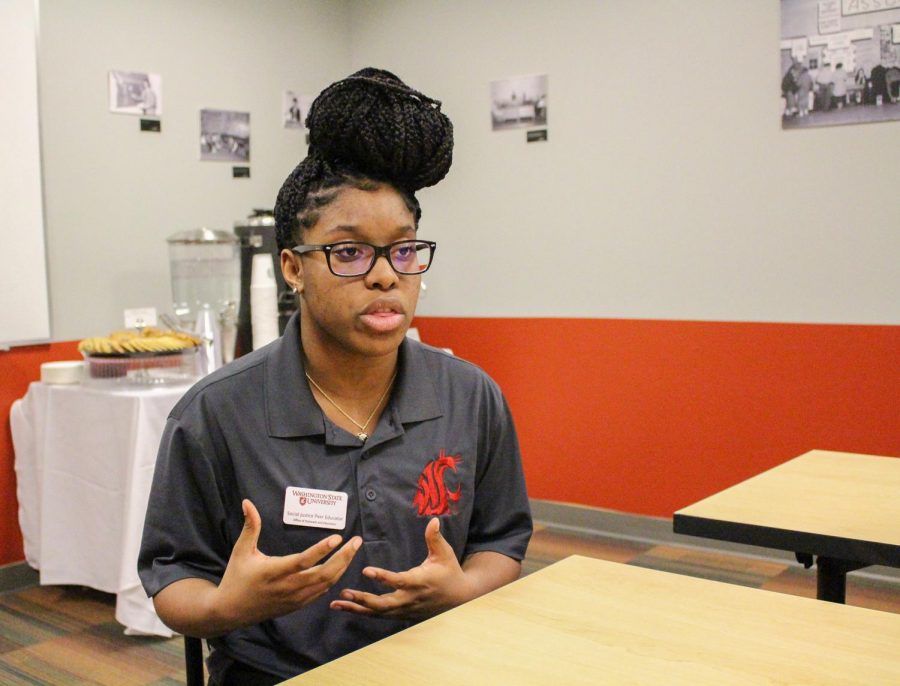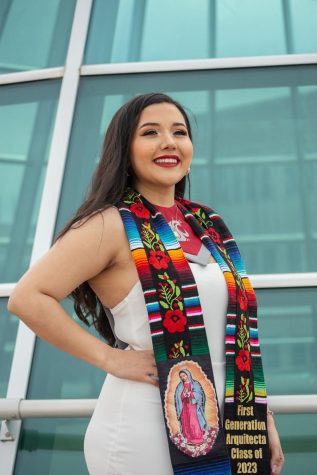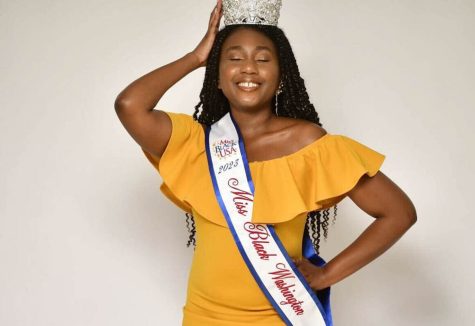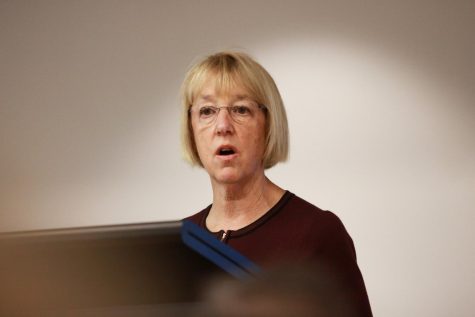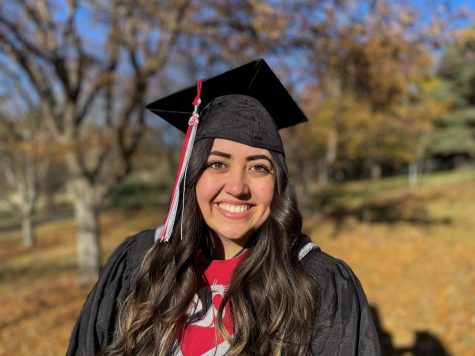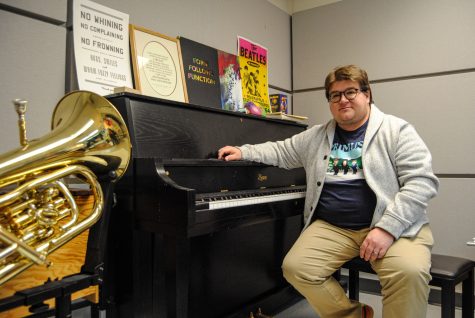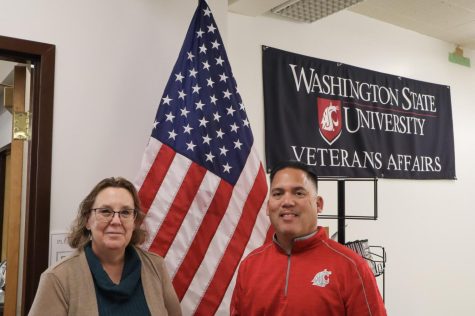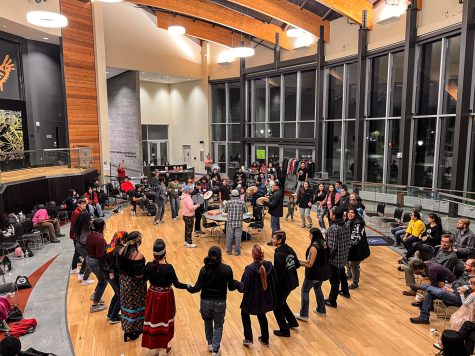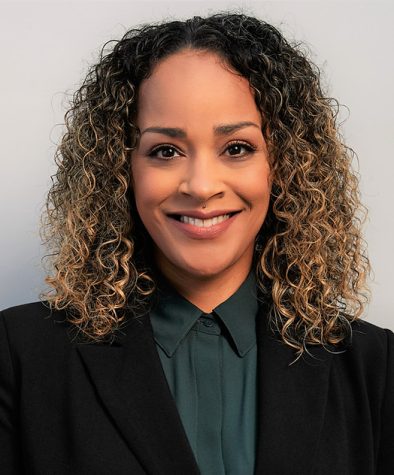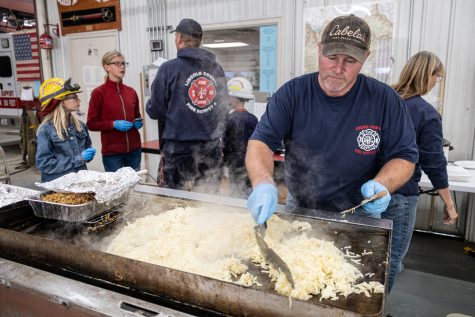Students speak on social justice outreach
Peer educators hold five workshops including ones on microaggressions, toxic masculinity, intersectionality
Yubi Lojewski, a sophomore studying sociology ethnic studies, describes what she does as a social justice peer educator on Wednesday evening at the CUB.
Social Justice Peer Educators (SJPE) spoke about their role in promoting equity and inclusion on campus in CUB L37 Wednesday.
Yubi Lojewski, a sophomore studying sociology and ethnic studies, said SJPEs tend to an inclusive environment through the creation and facilitation of social justice education programs.
“Social justice shouldn’t just be brought up when there’s an issue,” she said. “It should be spoken about every day.”
Kimberly Chapin, a WSU senior studying psychology and sociology, said people who want to be a peer educator should have the ability to grow and articulate their ideas. Peer educators should also be able to work collaboratively, as well as have a passion for social justice.
Chapin said a peer educator should be comfortable having tough discussions regarding social justice. Chapin said being a SJPE has allowed them to use their position to lift up marginalized voices.
“I can use my privilege to help other people,” Chapin said. “Your voice gets heard and that’s a very cool, empowering feeling.”
SJPEs offer five standard workshops which focus on microaggressions, power and privilege, intersectionality, toxic masculinity and using inclusive language, Lojewski said. Organizations can also request custom workshops which relate to diversity, equity and inclusion.
Peer educators have to commit a minimum of 10 hours a week, which includes office hours of project-based work, Chapin said. Peer educators may also work an additional 7-8 hours for workshops, events and desk duties at the Elson S. Floyd Center. They get paid $13.50 per hour.
The SJPE program is a part of the WSU Office of Outreach and Education, which is also responsible for the MLK Jr. Program, Equity 101 and various on-campus and community events.
Allen Sutton, Office of Outreach and Education executive director, said the peer education program was created to expand students’ cultural competency. The workshops instruct students on how to be more equitable and justice driven in their everyday lives, he said.
“[The SJPE program] helps to develop our student body to be more ready for a global society,” Sutton said. “It’s important for students to learn how to work with people that are different than them.”
The Office of Outreach and Education plans on expanding the program’s reach to faculty, staff and Pullman K-12 systems, he said. They also want to add more programming and topics to their set workshop list such as cultural appropriation and types of feminism, Sutton said.
Any WSU student can apply to be an SJPE and does not need prior social justice knowledge and skills to be qualified.
“[Students] just come with the passion to want to do something and want to make a positive influence on campus,” Sutton said.
SJPE applications can be found on Handshake and at diversity.wsu.edu/peereducators. Students can apply until the application closes on April 1.
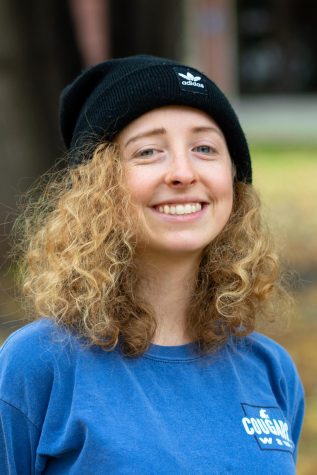
Lauren is a senior journalism major from Anchorage, AK. She was the mint editor in fall 2018.


